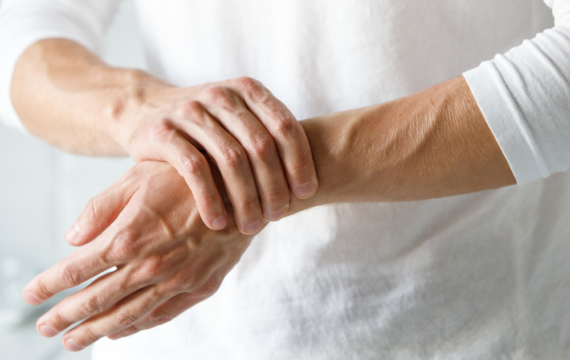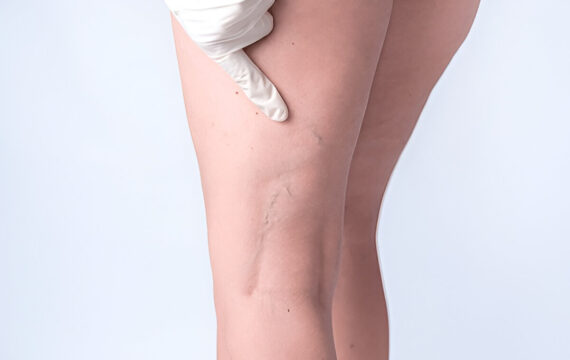A pinched nerve occurs when excessive pressure is applied to a nerve by surrounding tissues, such as muscles, bones, cartilage, or tendons. This pressure disrupts the nerve’s function, leading to pain, numbness, and other symptoms. Pinched nerves are common in the neck, back, and limbs but can occur anywhere in the body. If left untreated, they can lead to long-term nerve damage. Here are 8 key warning signs that you may have a pinched nerve:
1. Tingling or “Pins and Needles” Sensation
One of the hallmark signs of a pinched nerve is a tingling sensation, often described as “pins and needles” or a “prickling” feeling. This can happen in areas like the hands, feet, arms, or legs, depending on the location of the affected nerve. The tingling may come and go but tends to intensify with certain movements or prolonged positions.
2. Numbness
Numbness is another common symptom of a pinched nerve, characterized by a loss of sensation in the affected area. This can occur in the fingers, hands, arms, legs, or other parts of the body, and often feels like a part of your body has “fallen asleep.” The numbness may persist or fluctuate, but if it becomes chronic, it’s important to seek medical attention.
3. Sharp, Burning Pain
A pinched nerve can cause sharp, intense pain that may feel like a burning or stabbing sensation. This pain can radiate along the path of the nerve, often traveling from the neck down the arm or from the lower back into the leg. The pain can worsen with certain movements, such as turning your head or standing for long periods.
4. Muscle Weakness
When a nerve is pinched, the signals it sends to the muscles can be disrupted, leading to weakness in the affected area. This is especially common with a pinched nerve in the back or neck, where it can cause weakness in the arms or legs. You might notice difficulty lifting objects or maintaining balance.
5. Radiating Pain
Radiating pain is a significant warning sign of a pinched nerve. This pain doesn’t stay localized; instead, it travels along the nerve’s pathway. For example, a pinched nerve in the lower back (sciatica) can cause pain that radiates down the leg, while a pinched nerve in the neck can send pain down the shoulder and arm.
6. Increased Sensitivity
The affected area may become hypersensitive to touch or pressure, a condition known as hyperesthesia. Even light contact can cause discomfort or pain. This heightened sensitivity can make daily tasks, such as getting dressed or using a phone, more uncomfortable.
7. Loss of Coordination
A pinched nerve can interfere with your motor skills, leading to a loss of coordination. You may struggle with fine motor tasks like buttoning a shirt or grasping small objects. This is particularly common when nerves in the hands or wrists are affected, as seen in conditions like carpal tunnel syndrome.
8. Worsening Symptoms with Certain Movements
Certain movements can exacerbate pinched nerve symptoms. For instance, bending, twisting, or turning your neck or back might worsen pain or numbness. You may also notice increased discomfort when sitting for long periods, lying in certain positions, or performing repetitive motions.
When to Seek Medical Attention
While some mild cases of pinched nerves may resolve on their own with rest and home care, persistent or worsening symptoms should prompt a visit to a healthcare provider. If left untreated, pinched nerve can lead to permanent nerve damage, resulting in chronic pain, muscle weakness, or even loss of function in the affected area.
Conclusion
Recognizing the warning signs of a pinched nerve is essential for early intervention and treatment. Symptoms like tingling, numbness, sharp pain, and muscle weakness should never be ignored, as they may indicate a more serious underlying issue. If you experience any of these warning signs, seeking medical advice is key to preventing long-term damage and restoring your a quality o liffe.




